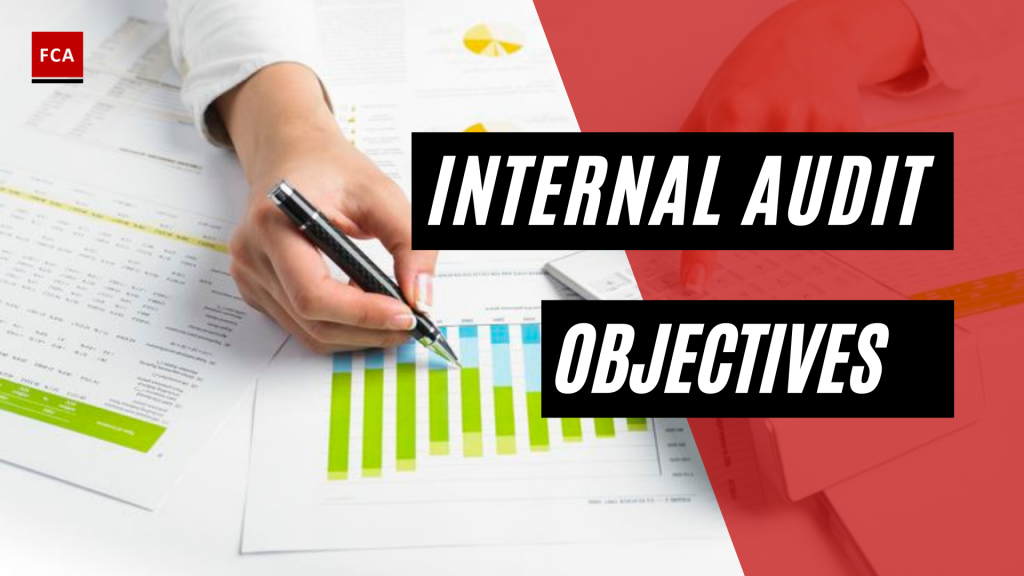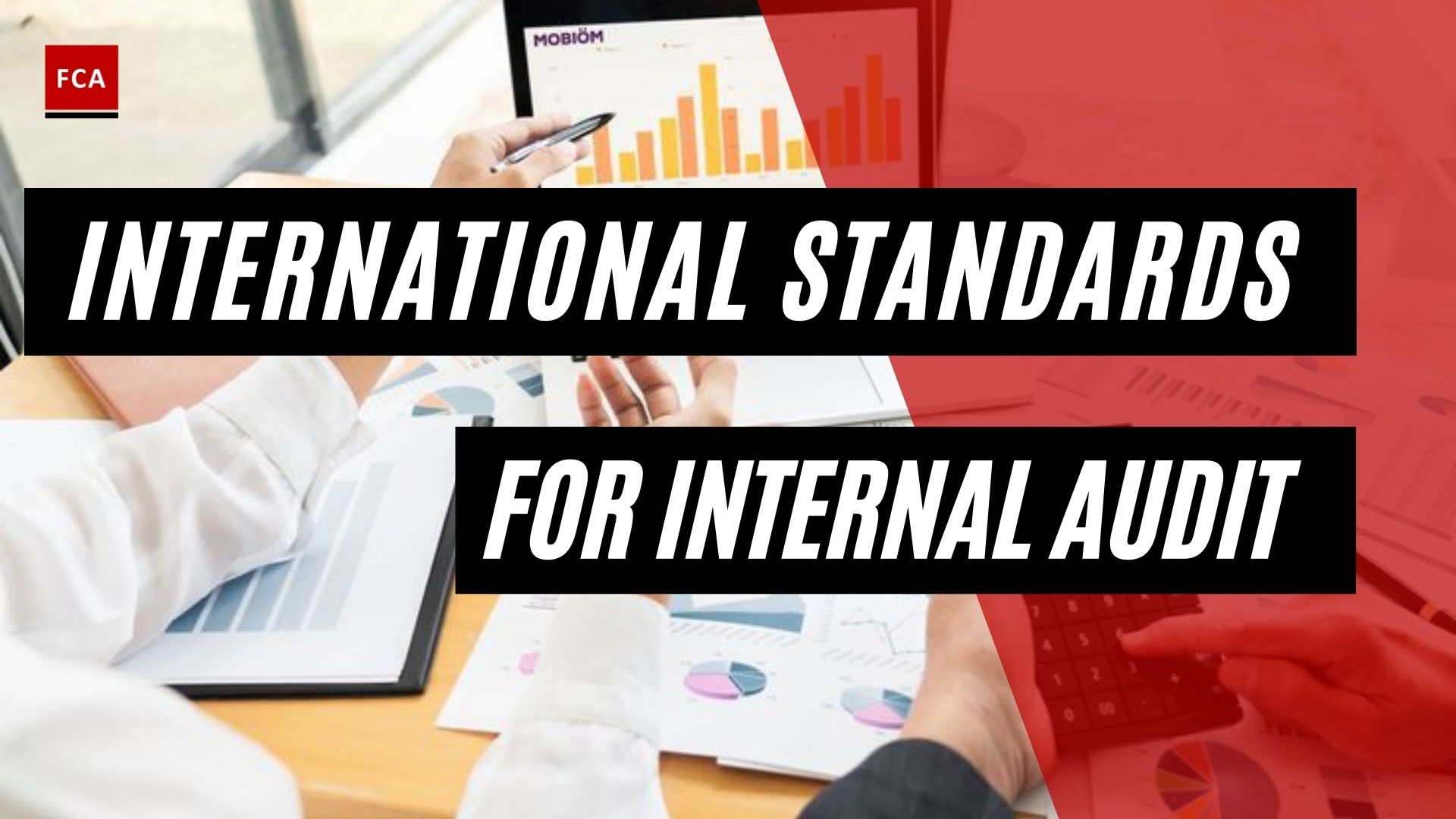The department of internal audit objectives are primarily defined in the internal audit charter. We must note that the scope of the internal audit is quite expansive.
An internal audit takes place within an organization, as the name suggests. As a result, an independent auditor or team of auditors, who are actually employees of the organization, will review the organization’s financing, accounting, and operating activities. It is actually a component of the company’s internal control system.

Internal Audit Objectives
The following are the internal audit objectives:
- Detection of Fraud
- Proper Control
- Asset Protection
- Perfect Accounting System
- Review of Business
- Keeps a Check on Errors
Detection of Fraud
One of the internal audit objectives is the detection of fraud. The detection of fraud becomes much easier if the company has an internal audit in place. This is due to a year-round audit of the employees.
In fact, when an internal auditor is present, an employee is less likely to attempt fraud. There will be no time between the occurrence of fraud and its detection for him to cover it up. Employees will be discouraged from committing fraud as a result of this.
Proper Control
Another one of the primary goals of an internal audit is to maintain strict control over all of an organization’s activities. The management needs assurance that the financial records are authentic and that the firm’s operations are efficient. An internal audit aids in the establishment of the both.
Asset Protection
An asset is always valued and verified during the internal audit process. There is also a physical verification of the asset’s ownership and possession.
In the case of special transactions such as asset sale, purchase, or reassessment, the authorization is also audited in an internal audit. As a result, the assets are completely safe.
Perfect Accounting System
An internal audit closely monitors an organization’s accounting system. It verifies everything including vouchers to transaction authority to adequate precision. All entries are cross-checked against documents and other forms of proof. The likelihood of errors or fraud is reduced significantly.
Review of Business
An internal audit’s purpose is to keep a close eye on a company’s financial and operational aspects. As the current fiscal year is still in progress, internal audit can highlight the company’s mistakes, weak points, and strengths. Rather than waiting until the end of the year, this will allow for an ongoing review.
Keeps a Check on Errors
The last Internal Audit Objectives is that during a financial audit, the auditor will be able to determine if any errors in the financial records occurred. However, this occurs only at the end of the fiscal year.
And then the errors are corrected. In the case of an internal audit, however, errors are detected and corrected as soon as they occur.

Internal Audit Objectives Evaluation
Considering the same objectives of an internal audit function, these can be defined as follows:
- Risk exposure relating to the achievement of the organization’s strategic objectives, reliability and integrity of the information gathered, the systems set to ensure compliance with those policies, the means of safeguarding assets, the effectiveness, and efficiency with which resources are employed, operations or programs to ascertain whether results are consistent with established objectives and goals, governance processes of the organization in place, the effectiveness of the organization’s risk management processes, the quality of execution of external auditors, and the degree of coordination with internal audit and specific operations at the request of the board or management.
- Performance of consulting and advisory services related to governance, risk management, and control for the organization (note that the internal auditor’s role is evolving).
- Reporting periodically on the internal audit activity’s purpose, authority, responsibility, and performance relative to its annual audit plan and highlighting any issues.
- Reporting significant risk vulnerabilities, control issues, and governance issues including fraud risks.
Advantages of Internal Audit Objectives
Evaluating the internal audit objectives will results to the following internal audit advantages:
- Staff Performance Improves
The company’s employees remain active and energetic. This is due to the fear that their errors will be discovered by the internal auditor almost immediately.
This will aid in increasing their performance and efficiency. They also do not try to defraud the company for the same reasons. On the other hand, it is a great morale booster for trustworthy employees.
- Increased Management Efficiency
One of the most significant advantages of an internal audit is that it allows for more effective organizational management.
The internal auditor will be able to identify any weaknesses in the organization’s operations or internal controls. As a result, management can use these insights to improve their chances of meeting their objectives.
- Ongoing Evaluation
Internal auditing provides the organization with a one-of-a-kind opportunity to conduct a performance review during the current fiscal year.
They are not required to wait until the end of the year to evaluate the company’s performance. This also means that if they are not on the right track, they will be able to change course and correct their errors right away.
Final Thoughts
Internal audit objectives are critical for monitoring and ensuring that all of your company’s assets are properly secured and protected from threats. It is also necessary for ensuring that your business processes are consistent with your documented policies and procedures.








